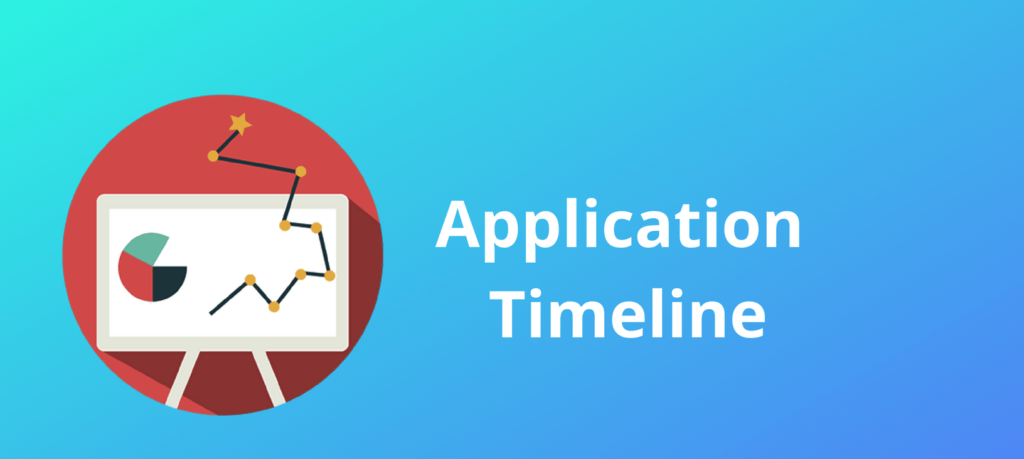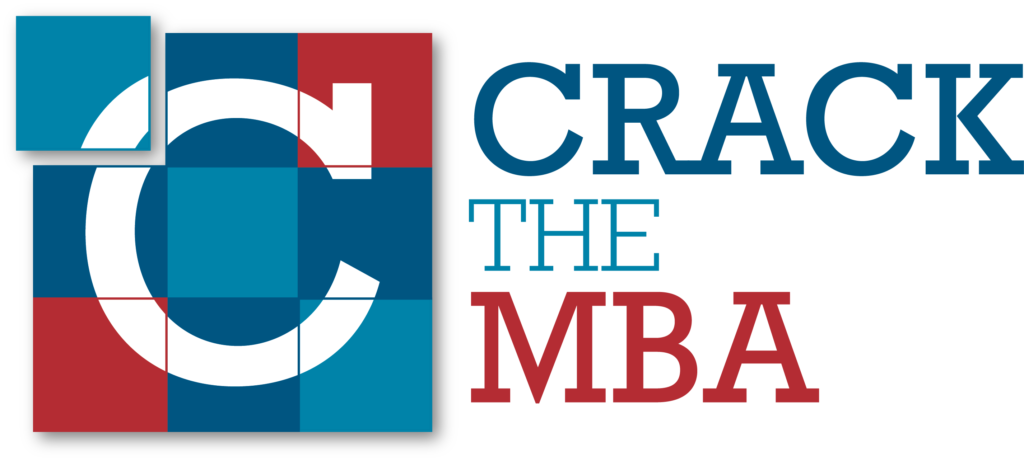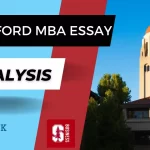MBA Application Timeline for Applying in 2023-24 (Fall 2024 Intake)

With the new year on the horizon, some of you might be wondering how you can plan your MBA application journey in 2023 to ‘Crack The MBA’ and secure that coveted admit to a leading global MBA program. Well, we are here to help with precisely that. Business school applications might feel like a daunting task, but we have designed an easy roadmap for you to follow and stay on top of the MBA application journey in 2023.
With Round 1 applications in September, read on as we help you on your path to ‘Crack The MBA’ and get into the business school of your choice.
GMAT (February/March)
GMAT (Graduate Management Admission Test) is a test administered by GMAC and is used to assess skills including analytical, reading, quantitative, verbal, and writing in English. The test consists of four sections – Math, Verbal, Integrated Reasoning, and Analytical Writing sections, and goes on for 3 hours and 7 minutes. The test costs $275 (approximately INR 22,500 as of March 2023) to take and remains valid for 5 years.
We’d recommend wrapping up your GMAT by February or March, as this gives you plenty of time to focus on other aspects of your application.
Pro Tip: Many applicants end up needing to take the GMAT multiple times, so it’s ideal to factor in buffer time for repeat takes.
MBA Admissions Consultant Research (March & April)
While some people find it easy to get through with their applications without the help of an admissions consultant, increasingly applicants are relying on the services of MBA admissions consultants to make their MBA application process smoother. An MBA admissions consultant can not only help you with the application process but can also enrich you with skills that can be invaluable for you through your MBA application journey.
We suggest doing diligent research on which consultancy you want to work with, and recruiting them in March or April, so you can make the most of your consulting engagement. Also, do keep an eye out for a subsequent post in which we will talk about factors to consider while recruiting an MBA admissions consultant.
Introspection (February through May)
Introspection is one of the most important aspects of a business school application, as it allows you to get a thorough understanding of yourself, both personally and professionally. If you’re confused as to what introspective questions to ask yourself, Berkeley Haas has listed a series of questions that can help you reflect and understand yourself better.
We recommend getting done with your introspection / self-reflection by April or May so that you can hit the ground running with the written components of the application thereafter.
Here is a handy guide to getting into Harvard Business School, Stanford GSB, and Wharton.
Resumes (April & May)
Your resume is an important aspect of your business school applications, as it gives an insight into your professional life, your achievements, and your skills. Most business schools prefer a resume that doesn’t go beyond a page, so make sure you follow that suggestion. We’d recommend getting your resume edited and ready by April or May.
Essays, Recommendations & Application Form (June through August)
This is the crucial execution period of your MBA application journey where you complete your essays, letters of recommendation, and application form. Essays and letters of recommendation give the Admissions Committee an insight into you as a person and a professional. Most business schools have their essay prompts ready by the end of May or latest by June, so we advise working on these components between June and August, in time for the Round 1 applications. Also, an oft-ignored aspect of the application process is the application form itself.
Pro Tip: Make sure you fill out the application forms with utmost care and take your time with them, as they can enable you to differentiate yourself from your peers.
Video Essays (August through September)
Video essays have become a regular fixture in many schools’ application process in the last few years and, though impromptu, these do require some preparation. Different schools have different variations on how you are required to submit this part of the application. For instance, for Kellogg, candidates have been required to record their video essays within two days of application submission. It’s a good idea to practice video essays using dummy prompts beforehand, so you are not taken aback by unexpected questions or find yourself out of time.
Pro Tip: We recommend starting your prep for video essays in August and continuing in September. This is something candidates put off until they submit their application, but we recommend you start this alongside the preparation of your other application materials.
Interview Preparation (September through October)
In most cases, this application component relies on you receiving an interview invite. At the same time, we recommend not waiting for the interview invite to come in and commencing your preparation in advance. The interview can be a major factor in the Admissions Committee’s decision on whether you’re accepted into the business school or not. We recommend spending time during September and October to prepare for interviews.
While this post provides you an overall perspective on how you should go about your Round 1 applications in a timely manner, we will also be bringing you another post in the near future which will give you an insight into factors and considerations to keep in mind when applying to business schools as an international applicant, especially as an applicant from India.






